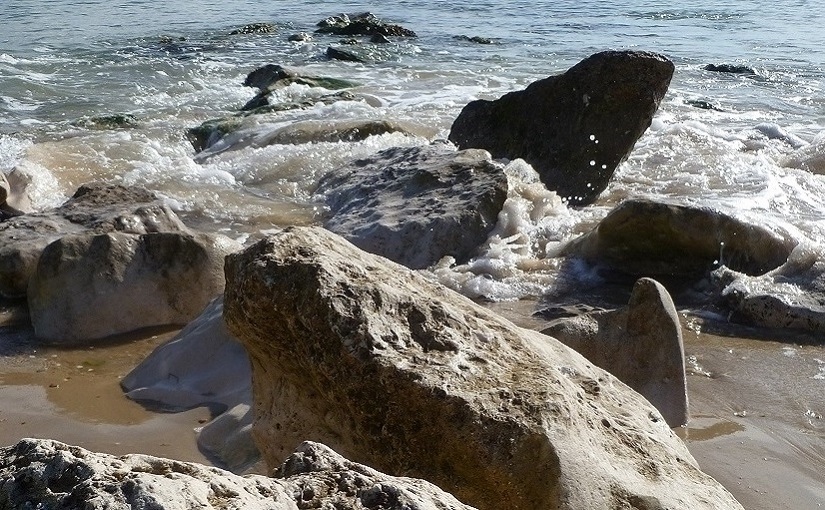The idea of music is quite fascinating: that by creating in the world of sound we might also serve to create belonging, mutual understanding, participation, and common feeling. It seems that’s always been part of human society, as a way of setting the tone, marking the passing time, or shifting the mood. Essentially, a way we give meaning to our lives and express our selves.
That sense of self-expression – and being heard by others – seems a big part of it: sharing what matters to us within life, society, or the human condition. Music seems to really connect to our humanity, whether in isolation or togetherness, speaking to the soul and the emotions.
In a way, it takes our personal experiences and makes them general – even universal – through demonstrating how many others feel the same things. The idea of being alone in a crowd yet connected with everyone. How, through being present in the moment, we might take ourselves along on a different journey and feel part of shared human experience.
It’s strange to think how much this is part of our lives: the music that’s accompanied us in difficult or beautiful times, weaving its way through personal and collective experiences, becoming a journey of memory. Songs that resonate with us then serving to mark the stages of our lives, ways we’ve grown, and those feelings we’ve struggled or dwelt with.
Because, in the face of how we feel, what we choose to listen to may presumably serve to reinforce or alleviate our moods and preoccupations. Music seems a powerful thing, capable of shaping emotion in ways we don’t entirely understand. It might soothe our soul and help us find new ways, or effectively trap us in familiar grooves of feeling.
The power of culture to shape the meaning of our lives and engage us in deeper conversations is so interesting (see Notes One). Which is also what I’m wanting to talk about: artists who consciously use their music to inspire, create awareness, and speak to that more universal human condition.
I’ve said before that I have reservations around activism; not because there’s not cause for it, but due to the forms it often takes (Notes Two). For me, paths to change are more through truth and understanding, through individuals freely seeing the value and the wisdom of certain ideas and ways of being.
And, in that, musicians concerned with their humanity can often touch on ideas which have that power. I’m thinking of people like Michael Franti (particularly his albums “Stay Human” and “Yell Fire!”) or maybe Ani DiFranco’s “Knuckle Down”. Music exploring love, involvement, courage, tolerance, conflict, citizenship, and hope among other things.
Expressing experiences or ideas in ways others can come to understand and relate to surely creates opportunities for learning from one another and shedding light on the things that affect us all. And, if we’re each on this journey of finding our place within humanity as a community, music seems a fairly wonderful method of communication.
Notes and References:
Note 1: Culture, art & human activity
Note 1: Missing something with modern culture?
Note 1: Thoughts on art & on life
Note 2: Modern activism in practice
Note 2: Does truth speak for itself?
Note 2: People wanting change

